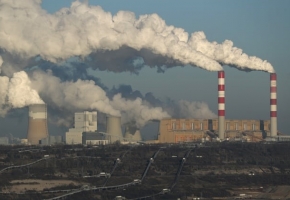What is the world's largest city?

Over the last few centuries, cities have come to define the way humans live, work and interact. In 1800, just 10% of the world's population lived in cities, but since 2009, the planet’s urban population has exceeded its rural one — and in the U.S., around 80% of people call cities home.
As more people have moved to cities, these metropolises have swelled. But what is the largest city on the planet? And how exactly do we define "largest"?
There are two main ways of assessing a city's size: by measuring its geographical area, or its population. Both of these methods could legitimately lead to a city being proclaimed the largest, but is one of these options considered more valid?
"Both are as bad and as good as each other," Kevin Ward, a professor of human geography at the University of Manchester in the U.K. and director of the Manchester Urban Institute, told Live Science in an email. "They capture different aspects of urban change and transformation. With some cities building upwards and creating increased densification, one might expect some cities to grow their population without necessarily expanding their physical imprint."
Ward also suggested a possible third option: assessing a city's cultural impact on the rest of the world. In this regard, Ward said, one could claim "Paris, London or New York" to be the "biggest." This is, however, open to individual interpretation.
Various sources have set out to establish the largest city in the world by area, and according to WorldAtlas and World Population Review, New York City comes out on top.
In terms of population, no other city comes close to Tokyo, the capital of Japan. With an estimated population of 37,274,000, Tokyo has over 5 million more residents than second-placed Delhi, India.
However, the UN has predicted that by 2028 Delhi will overtake Tokyo to become the planet's most populous city, so the Japanese capital's time at the top of the population pack could come to an end in the very near future.
Source: Live Science







